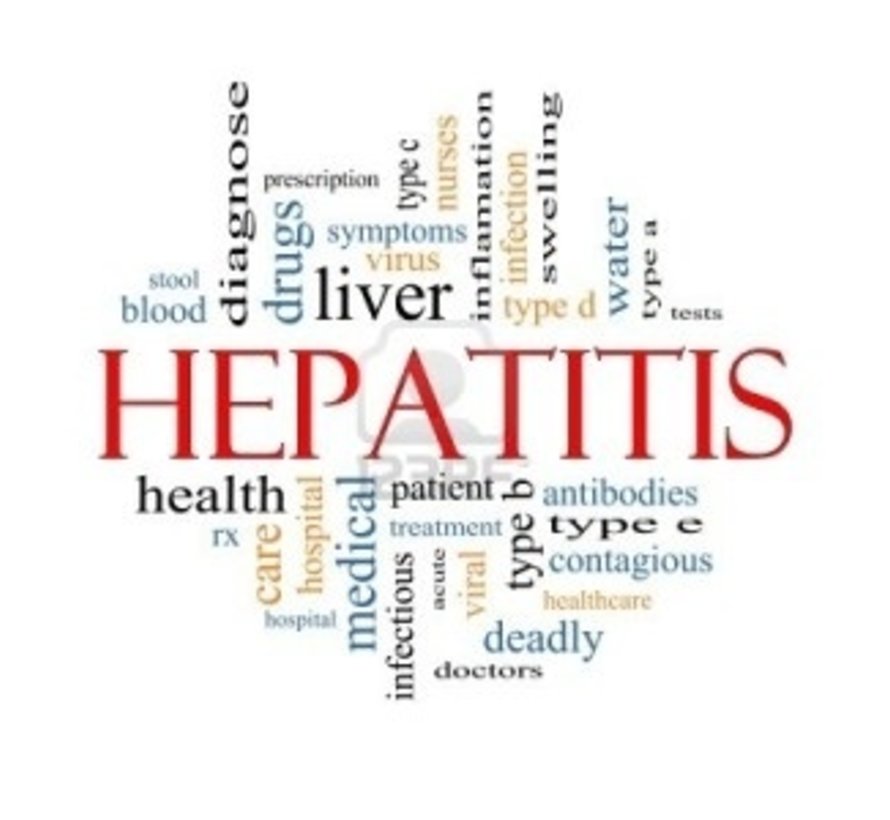Hepatitis Delta infection RNA PCR
People can only become infected with the hepatitis D virus if they are also currently carrying the hepatitis B virus. Hepatitis D is not common in the Netherlands.
What is hepatitis D?
The hepatitis D virus causes an acute hepatitis that can progress to a chronic form. Hepatitis D occurs only if a person has hepatitis B.
What are symptoms of hepatitis D?
The symptoms of hepatitis D are like those of acute hepatitis; fatigue, mild fever, sometimes pain in the upper abdomen and nausea. Jaundice does not usually occur. The consequences of hepatitis D can be serious if the acute hepatitis develops into a chronic hepatitis. Then liver cirrhosis can also develop and this can even lead to death.
Infection and prevention of hepatitis
DHepatitis D is transmitted in the same way as hepatitis B: through blood contact and sexual contact. Blood contact and careless use of drug syringes are the main sources of infection.
By avoiding risky behavior such as unsafe sex and good hygiene, hepatitis B is preventable. And by doing so, hepatitis D is also prevented.
VaccinationA
vaccine against hepatitis D does not exist. But someone who is immune to hepatitis B is also no longer susceptible to hepatitis D. Therefore, the vaccination against hepatitis B also protects against hepatitis D. Treatment of patients with both hepatitis B and D is not yet very successful.
How common is hepatitis D?
Hepatitis D is not common in the Netherlands. It is common in Italy, the Middle East, Africa and South America.
Hepatitis D is not notifiable. The virological laboratories find about 12 to 13 cases annually. Patients with HDV infection and active liver disease should be treated.










